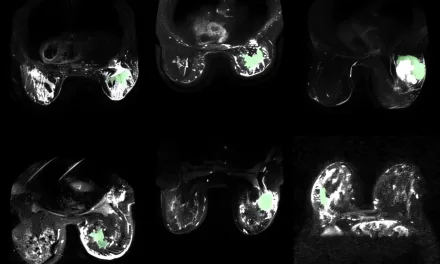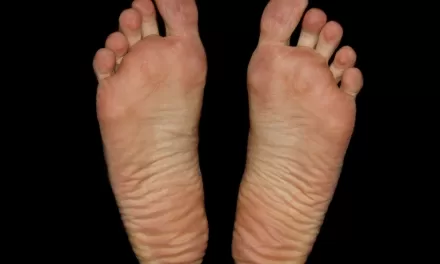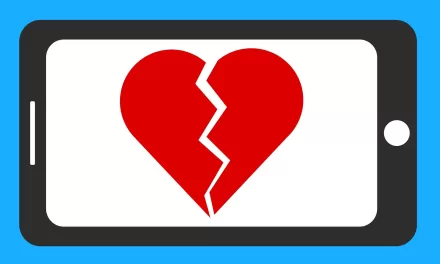A recent national survey has revealed that one in four American adults suspect they may have undiagnosed Attention Deficit/Hyperactivity Disorder (ADHD). Traditionally seen as a childhood disorder, ADHD is increasingly being recognized as an issue that continues to affect adults, especially in the wake of social media trends that have drawn attention to the condition.
The survey, conducted by The Ohio State University Wexner Medical Center and College of Medicine, polled 1,000 adults and found that 25% believe they may have undiagnosed ADHD. However, only 13% have discussed their concerns with a healthcare professional, raising concerns among mental health experts about the risks of self-diagnosis and improper treatment.
Self-Diagnosis Concerns
Justin Barterian, Ph.D., clinical assistant professor in Ohio State’s Department of Psychiatry and Behavioral Health, expressed concerns about the dangers of self-diagnosis. “Anxiety, depression, and ADHD—all these things can look a lot alike, but the wrong treatment can make things worse instead of helping that person feel better and improving their functioning,” Barterian said.
He emphasized the importance of seeking a professional diagnosis, especially since ADHD in adults often manifests differently than in children. An estimated 4.4% of adults aged 18 to 44 are diagnosed with ADHD, though some may not be diagnosed until later in life, as their symptoms may have been previously ignored or misdiagnosed.
Increased Awareness Among Adults
Barterian noted that growing awareness, particularly among younger adults, is partly due to their exposure to social media. Many adults are realizing that their difficulties with focus, attention, and restlessness may be signs of undiagnosed ADHD. This realization is often spurred when their own children are diagnosed with the condition, which is known to be genetic.
“There’s definitely more awareness of how [ADHD] can continue to affect folks into adulthood,” Barterian said. “A lot of people are realizing, once their kids have been diagnosed, that they fit these symptoms as well.”
Younger adults were found to be more likely than older generations to suspect they have ADHD and to take action. Experts recommend that those who suspect they may have ADHD seek an evaluation from a healthcare professional, such as a psychologist or psychiatrist, rather than relying on social media for a diagnosis.
What is Adult ADHD?
ADHD in adults presents with persistent issues related to attention, hyperactivity, and impulsivity, which can cause significant disruptions in daily life. Symptoms are typically severe enough to affect work, school, and relationships, and they often trace back to childhood.
There are two main groups of adults with ADHD:
- Adults who were diagnosed in childhood and continue to experience symptoms.
- Adults who have never been diagnosed, despite having exhibited symptoms throughout their lives.
Hyperactivity, a common symptom in children with ADHD, tends to decrease in adults, though many adults continue to struggle with memory, organization, and concentration issues. Stress and other life demands often exacerbate these symptoms.
Types of ADHD
ADHD is classified into three types:
- Inattentive ADHD (ADD): Characterized by difficulty paying attention and distractibility.
- Hyperactive and Impulsive ADHD: Marked by impulsive behaviors and hyperactivity.
- Combined ADHD: A combination of inattention, hyperactivity, and impulsivity.
Diagnosing ADHD in adults can be challenging, as many symptoms overlap with other mental health conditions, such as anxiety or depression. This makes professional evaluation critical for accurate diagnosis and treatment.
“Symptoms of ADHD can look different between different people,” Barterian said. “Some may struggle with focus and organization, while others may have more social difficulties, such as impulsivity and trouble following along in conversations.”
The Path Forward
With ADHD gaining visibility in the adult population, it’s vital that individuals who suspect they may have the condition seek proper medical advice. Healthcare professionals can provide thorough evaluations, accurate diagnoses, and effective treatment plans to help improve quality of life for those living with ADHD.
As the conversation around adult ADHD grows, it’s clear that mental health awareness is on the rise. However, mental health experts caution against self-diagnosis and urge individuals to consult professionals to ensure they receive appropriate care.











